Regular Interruption in Sleep: How to Fix it?
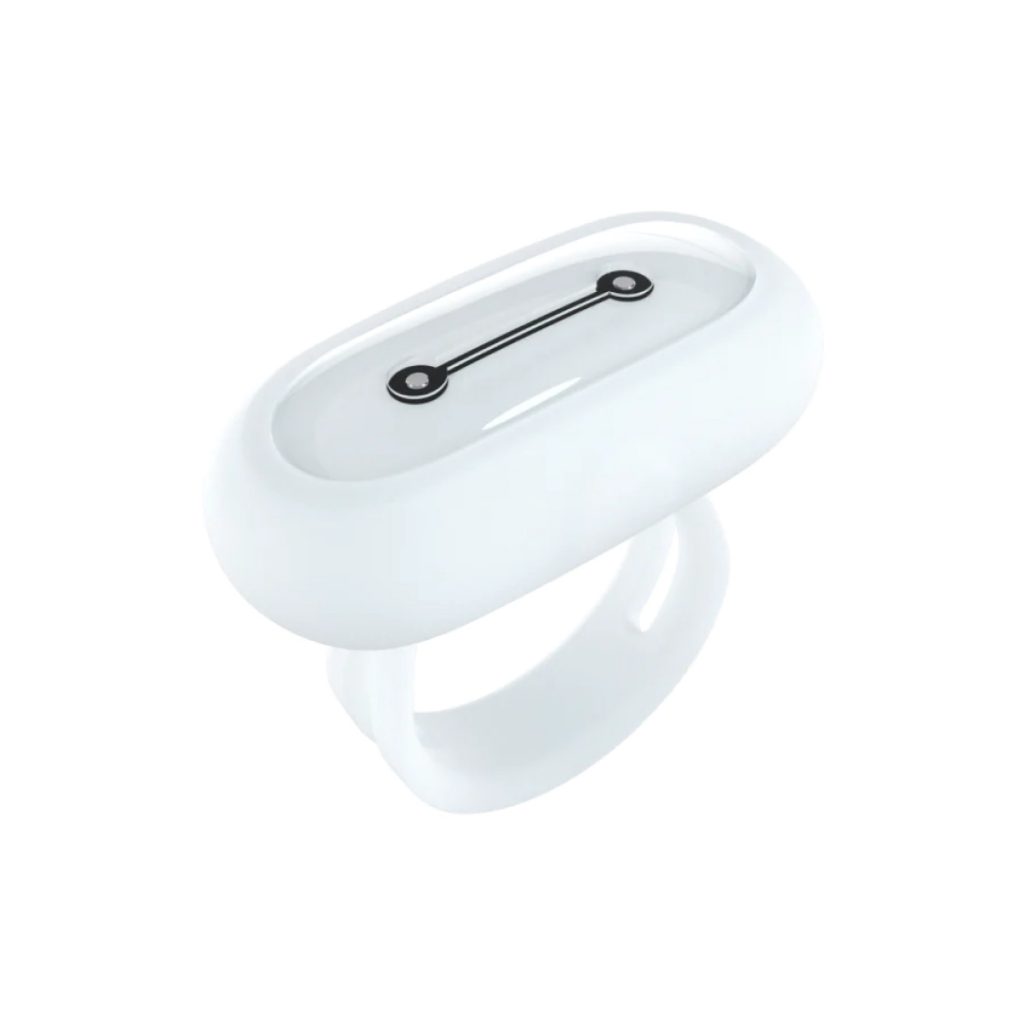
This busy society gives us too much stuff to worry about, school, work, or even life in general are all the things you have to take care of. All of these can affect your night of sleep and interpret your sleep.
This article aims to help you understand what causes regular interruption in sleep, what are the symptoms, what extra effects this problem can bring you, and some tips on how to fix it.
Overall, to keep your sleep on track is the best way know your sleep patterns.
What Is Interrupted Sleep?
Interrupted Sleep, just like the name, refers to inconsistent sleep that’s affected by different factors during the night. It can be led by various sleep disorders that throw off your natural sleep rhythms, which will eventually lead to overall poor sleep.
Although the reasons for interrupted sleep vary, poor sleep can later have negative impact on your physical and metal health. You might experience, for instance, taking extra time to fall asleep again; having too much thought on your mind during sleep time; affecting your partner’s quality sleep time, and more.
What are the Symptoms of Interrupted Sleep?
If you consistently have interrupted sleep during the night, you may experience the following symptoms:
- Aches and pains during the day
- Excessive daytime sleepiness
- Losing daytime functioning
- Losing focus, concentration, and creativity
- Increased stress
- Losing memories
- Feeling gloomy when you wake up
- Poor mood
Potential Causes of Interrupted Sleep
1. Everyday stress: You can be stressed by a lot of things, including:
- Moving to a new home, school, or job
- Getting into arguments with family members or friends
- Having big tests or projects coming up
- Anything else in your life that makes you worry a lot
2. Mental health issues: After being stressed for a while, your situation can worsen to anxiety, depression, or bipolar disorder which can all affect your sleep.
3. Chronic pain: You might find it hard to sleep at night if you have chronic pain from an injury or arthritis. We all know the difficulties of falling asleep after an injury even though sleep is important to our recoveries.
4. Sleep apnea: You may experience snoring or airflow disruption caused by Sleep Apnea. These breathing issues can then interrupt your sleep. Be aware of the following causes for sleep apnea:
- Overweight: Higher your BMI (body mass index) is, the more likely you’ll develop sleep apnea.
- Abnormal hormone: Hormone conditions like an underactive thyroid or excess production of growth hormone may increase the likelihood of you having sleep apnea by causing tissue swollen near the airway or causing overweight.
- Sleeping position: You may experience sleep apnea while sleeping on your back because it can narrow the airway.
- Nasal congestion: If you have difficulty breathing through the nose, you are more likely to have OSA.
Learn more about Sleep Apnea: 5 Health Issues Related to Sleep Apnea – Sleepon
5. Uncomfortable bedroom: Room temperature is a huge factor to interrupt your sleep at night. Or your partner may be snoring or moving consistently that can also disturb your sleep if you’re a light sleeper.
6. Smoking cigarette: If you’re a smoker, you are three times more likely to have obstructive sleep apnea. Smoking can increase the amount of inflammation and fluid retention in the upper airway.
7. Caffeine and alcohol: If you drink coffee or tea right before bed, the stimulants may keep you alert and interfere with the body’s natural ability to balance out sleep, which in turn makes you harder to fall asleep at night. Besides caffeine, according to UC Davis Health, alcohol can’t necessarily help you stay asleep or sleep well either.
8. Napping during the day: A nap that exceeds 45 minutes during the day can lead to deep sleep and interfere with your normal body clock which will alternately cause you having a harder time to fall asleep at night.
Potential Effects of Interrupted Sleep
1. Can’t Focus
After you have a night of interrupted sleep, your focus and attention can both suffer. You may find it hard to concentrate and you’ll react to things slower as well, which can be associated with an increased possibility in car accidents. In this case, you can’t react as fast as you normally can if a car in front suddenly brakes or swerves.
2. Losing Memories
Deep sleep is essential in processing learnings from the day and committing them to your memory. With that said, if your sleep is consistently interrupted, you won’t reach deep sleep, and you’ll have trouble remembering things later, especially the things you learned the day before.
3. Increased Risk of Alzheimer’s
When you’re sleeping normally, your brain releases toxins such as amyloid-beta, which is linked to Alzheimer’s disease. Studies have shown those who have regular sleep interruption; the brain imaging indicates a buildup of amyloid-beta. In addition, research has specified that people with disrupted sleep are 1.5 times more likely to develop Alzheimer’s in a certain period of time.
4. Being Moody
When you’re in REM sleep, your brain also process emotions and feelings. Therefore, if you always have the sleep interrupted, you’re more likely to be angrier and depressed than those who sleep normally.
Learn more about REM sleep functions:
REM Sleep Functions: Why are They Important to You?
5. You May Get Sick More Often
If you can’t sleep well at night, it’ll affect your immune system and you’ll find yourself getting ill more often. However, with consistent interrupted sleep, it’s harder for your body to fight against infections and reduce inflammation.
SourceURL:file:///Users/sleepon/Library/Containers/com.tencent.xinWeChat/Data/Library/Application Support/com.tencent.xinWeChat/2.0b4.0.9/66ef8f35a29e5a52db896c11907d0cc0/Message/MessageTemp/9e20f478899dc29eb19741386f9343c8/File/regular interruption in sleep.docx
Tips to Prevent Interrupted Sleep
1. Improve your sleep hygiene
We collected a few ways to improve your sleep hygiene to save time:
- Keep a regular sleep schedule. Going to bed and waking up at the same time every day, even on weekends
- Create a steady routine before bedtime, including spending some time to wind down and relax
- Avoiding alcohol, cigarettes, caffeine, and big meals in the evening, especially in the hours before bed
- Do regular outdoor activities to have enough sunlight
- Finding time to do exercises every day
Learn more: 10 Tips for Sleep Hygiene Checklist to Better Your Sleep
2. Track your sleep
Writing down your sleep schedule or how you feel after sleep, in order to help you have an idea of your sleep patterns to decide whether you need to seek professional help or not.
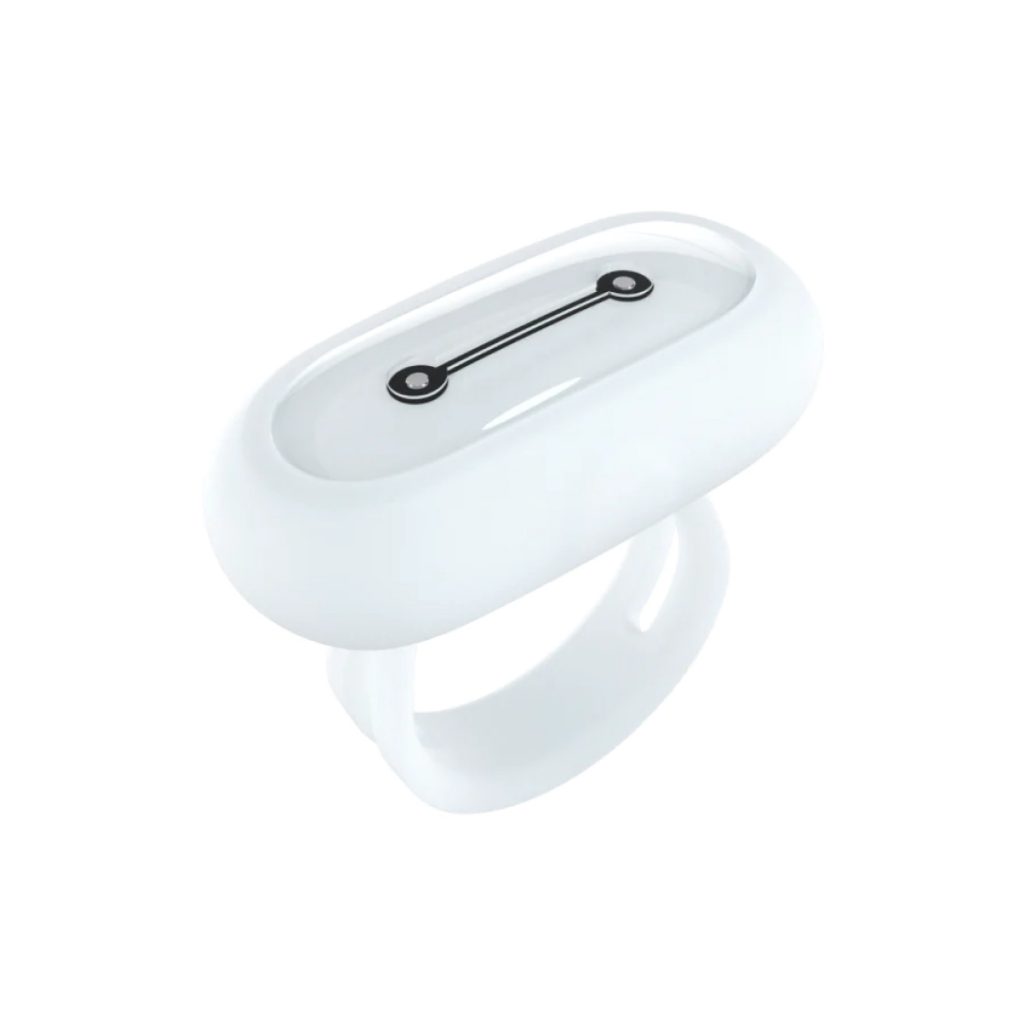
Get a sleep tracker. Go2sleep could be a choice as your sleep tracker. It can track sleep data all night, provide comprehensive sleep report with accurate data. Besides, it is small and light. More importantly, it offers you the best value and Sleep Foundation named it the best value sleep tracker of 2022.
3. Control caffeine and alcohol intake
Avoid caffeine after noon because caffeine stimulates the nervous system and keeps us awake.
But if you drink coffee after noon, you may find yourself more tired during the evening. This is because caffeine has a diuretic effect, meaning it makes you urinate more often. So, if you drink coffee after lunch, try drinking it earlier in the day instead.
In the meantime, drinking alcohol will certainly make you feel sleepy at first, but just one alcoholic beverage close to your bedtime can obstruct your sleep cycle, leading to interrupted sleep at night.
4.Control caffeine and alcohol intake
Avoid caffeine after noon because caffeine stimulates the nervous system and keeps us awake.
But if you drink coffee after noon, you may find yourself more tired during the evening. This is because caffeine has a diuretic effect, meaning it makes you urinate more often. So, if you drink coffee after lunch, try drinking it earlier in the day instead.
In the meantime, drinking alcohol will certainly make you feel sleepy at first, but just one alcoholic beverage close to your bedtime can obstruct your sleep cycle, leading to interrupted sleep at night.
5.Control your screen time
Being on your screen, like phone, TV, tablet can prevent your body from releasing sleep hormone, which can interpret your sleep at night. On top of that, electronic devices tend to keep your mind racing and make it more difficult to wind down into sleep mode.
Conclusion
Sleep and wellness are highly related. That’s why fixing regular interruption in sleep is essential to you. In this case, tracking your sleep is easy and affordable, with the help of a sleep tracker like Go2sleep.
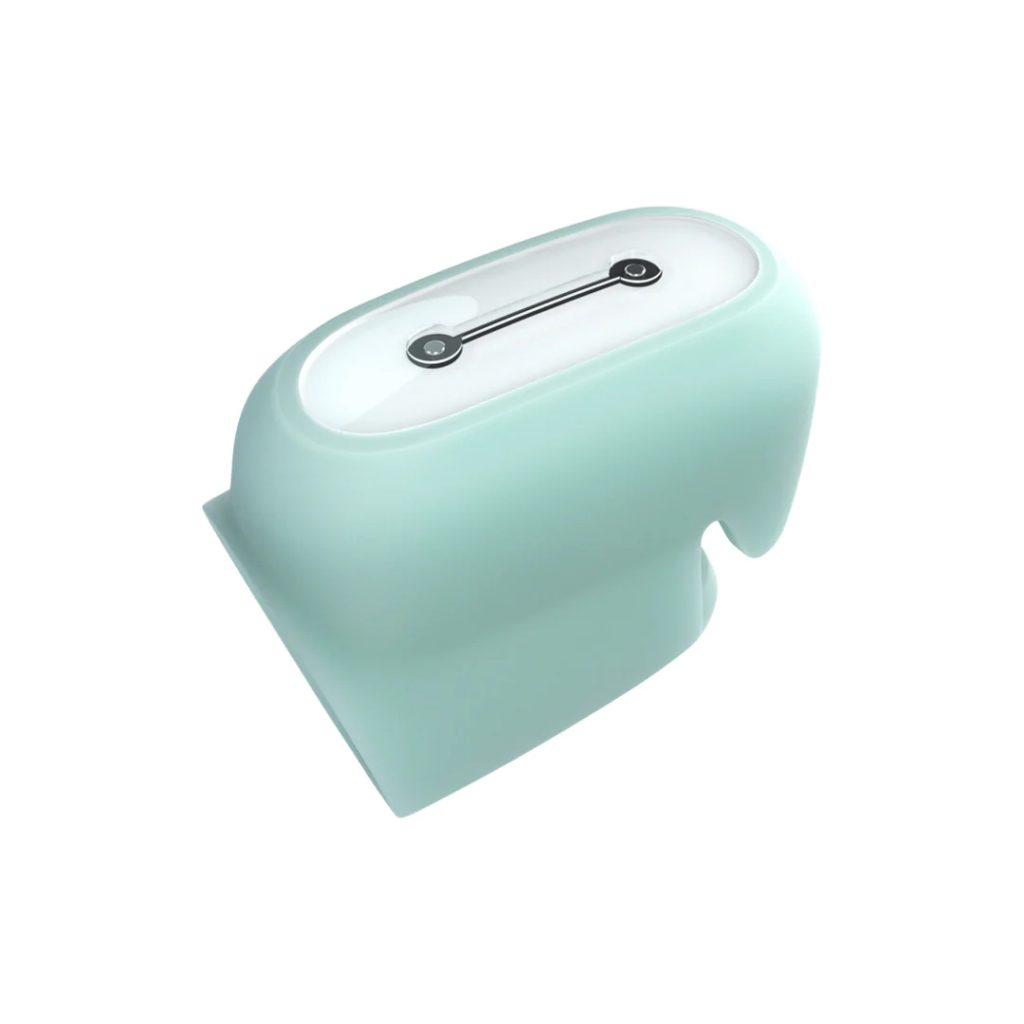
It gives you a variety of data, including your heart rate, blood oxygen, AHI, HRV, and more. All of this information is definitely needed to know about your sleep cycle.
References
Interrupted Sleep – Causes Helpful Tips – Sleep Foundation
Interrupted Sleep: Causes, Symptoms, and Prevention – The Sleep Doctor
Interrupted sleep: causes and effects | Goodsomnia blog
Recent Posts
ALL ARTICLES
Subscribe Us
403A, Building A2, Zhihui Park, Fuyong Street, Bao'an District, Shenzhen, Guangdong, China
Products
Company
Copyright © SLEEPON. All rights reserved.
SLEEPON keeps both Sleeponhealth and Sleepon.us due to the brand upgrading. We promise to provide the same products and service in both sites.
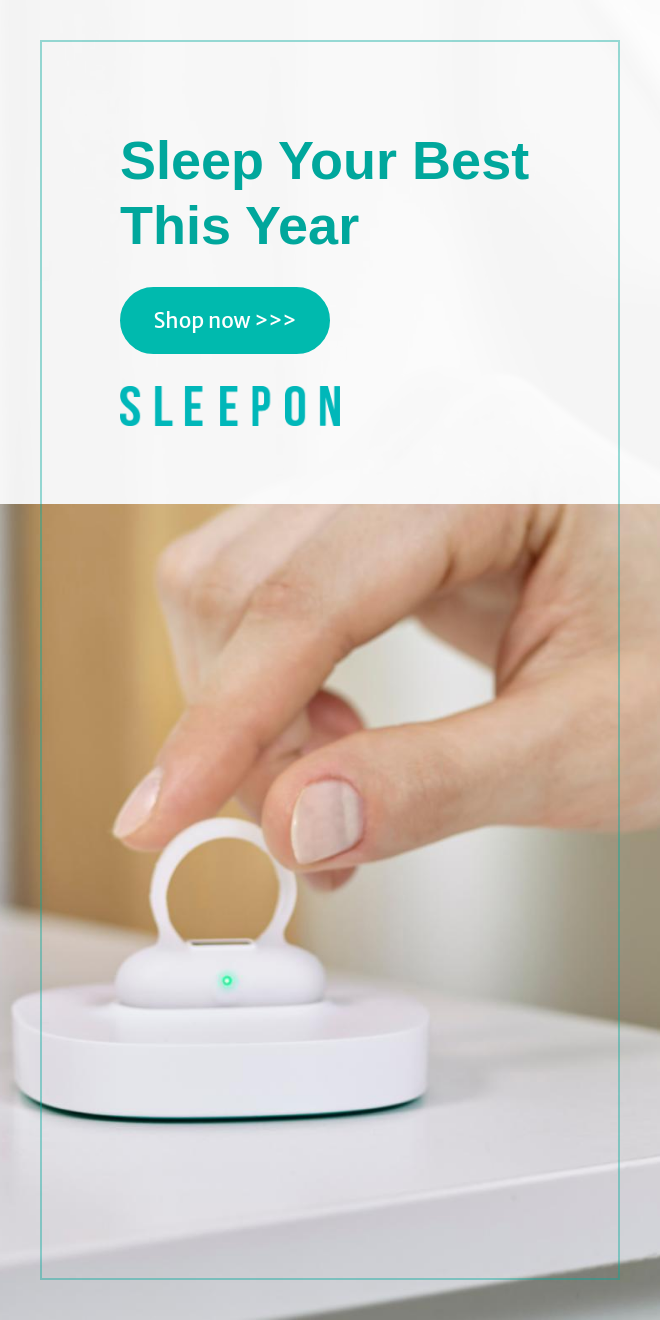

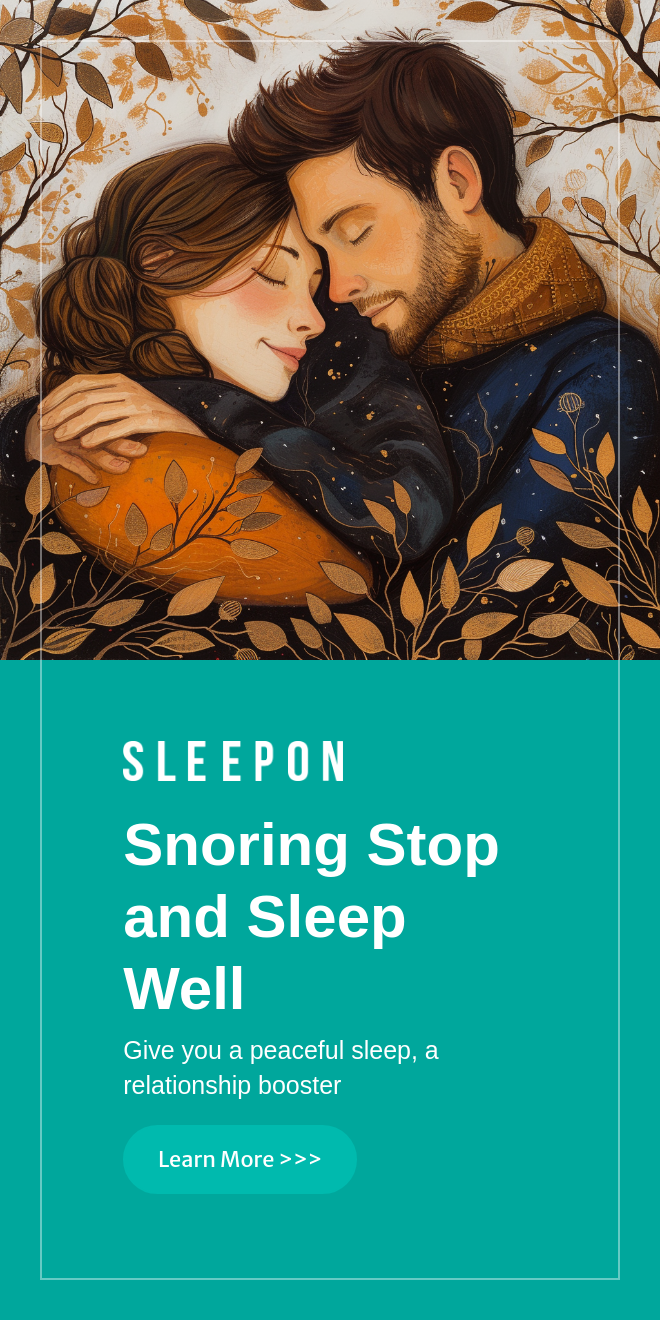
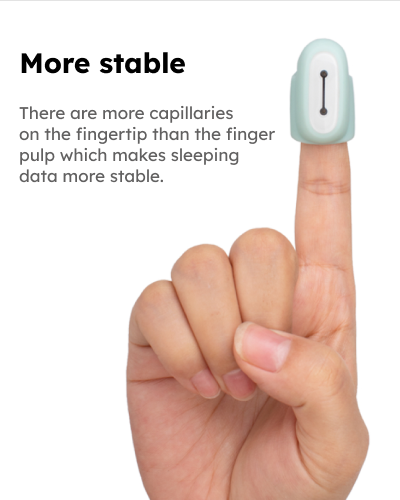
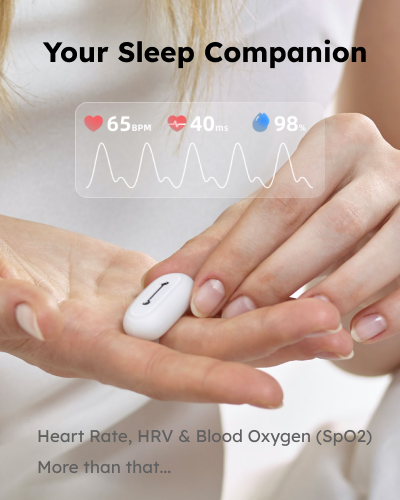


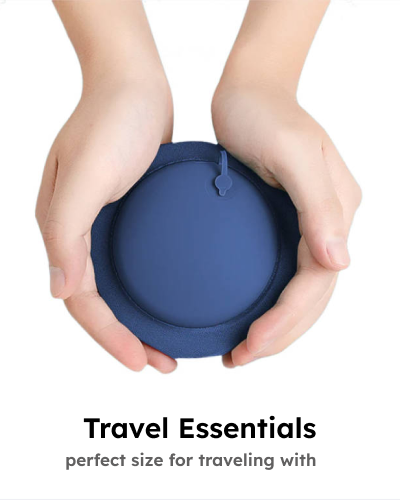
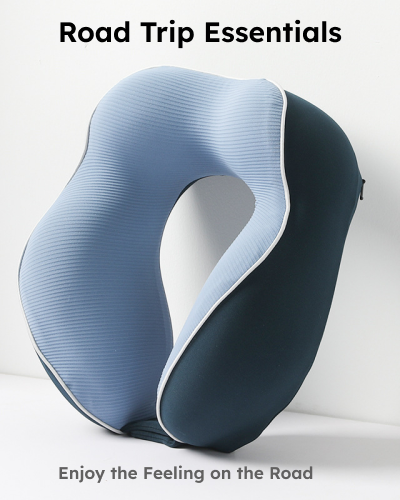
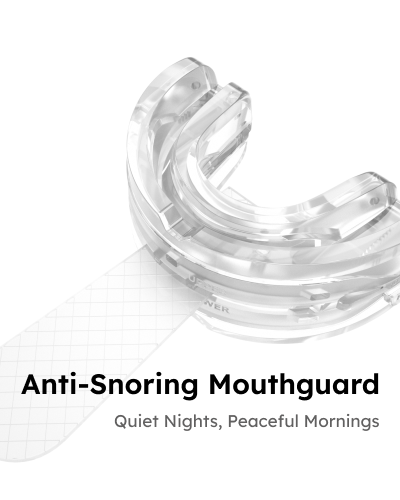
Leave a Reply